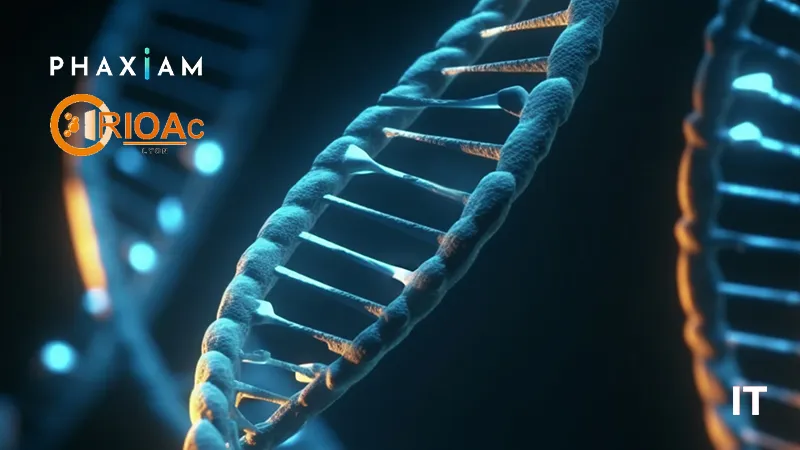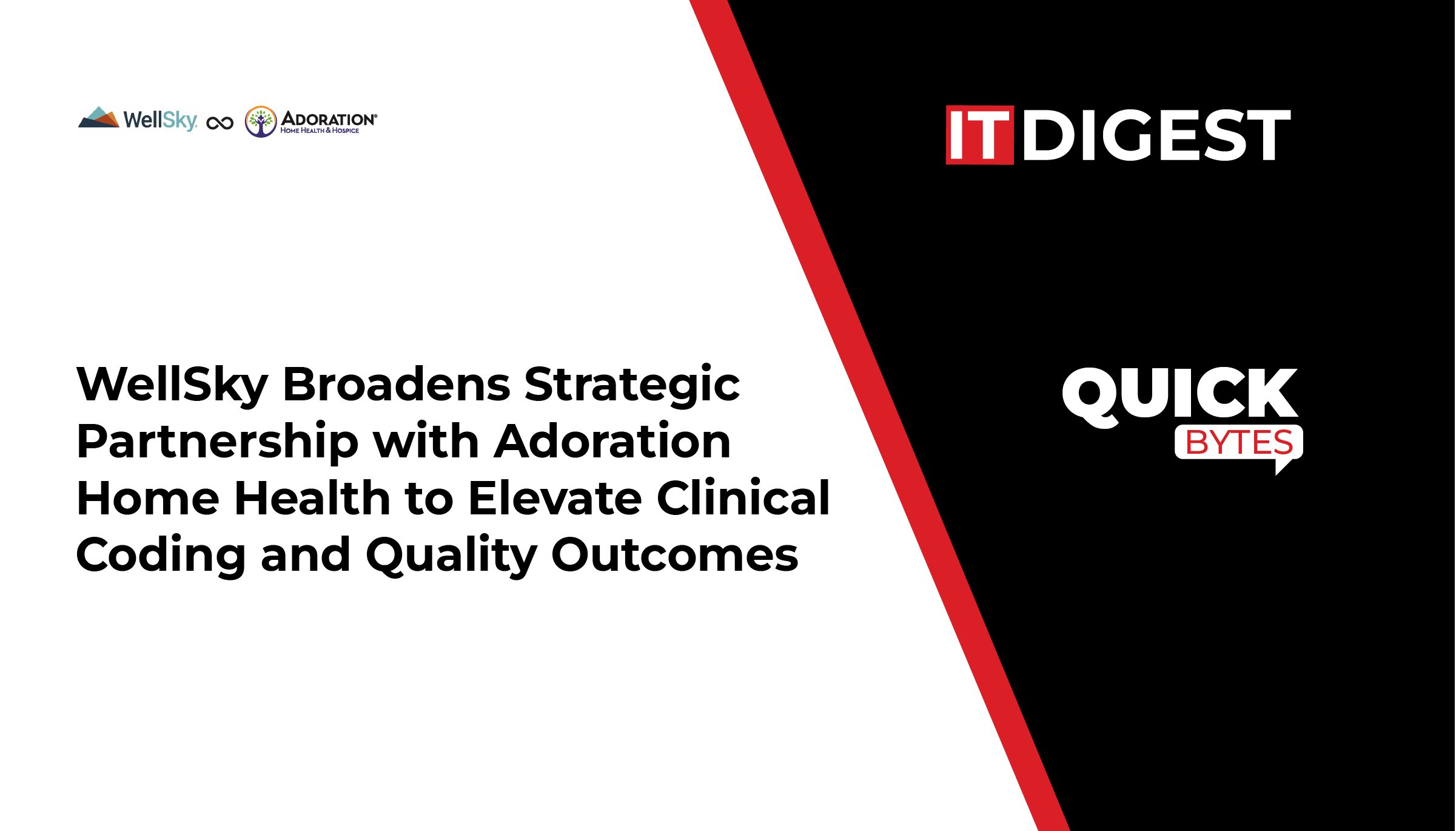Promising clinical results observed in the first 88 patients evaluated so far, confirming the safety and an important clinical benefit for patients
PHAXIAM Therapeutics, a biopharmaceutical company developing innovative treatments for severe and resistant bacterial infections, announces an update on its clinical data from patients treated with the Company’s phages under the compassionate status.
Since 2017, PHAXIAM has treated more than 120 patients under Compassionate status, mostly suffering from hip or knee Prosthetic Joint Infections (PJI). The vast majority was treated in France but more and more compassionate patients are receiving PHAXIAM’s phage therapy in other European countries.
Data from the first 88 patients evaluated so far show promising results, consistent with previous evaluation, i.e. an infection control at 3 months (clinical endpoint) reaching 75%. The latter is considered as a high rate and represents a significant improvement over the standard of care (SoC) in this “hard-to-treat” patient population with severe relapsing infection, often associated with antimicrobial resistance.
Among the patients evaluated, 52 suffered from PJI, either due to Staphylococcus aureus (S. aureus PJI, n=40) or Pseudomonas aeruginosa (P. aeruginosa PJI; n=12), with an overall control rate of 79% at 3 months observed in this population. 77% control rate was achieved in the S. aureus PJI sub-group and 83% control rate in the P. aeruginosa PJI sub-group. At 12 months, the data are not comprehensive so far, but the infection control rate is situated between 64% and 67%, which remains very high for this “hard-to-treat” population of patients with severe infections.
These clinical data are very consistent with those, recently presented, and stemming from the PhagoDAIR pilot study, according to which the consolidated infection control rate was 80% (16/20), including patients for whom phages were administered during DAIR or after a subsequent relapse leading to a rescue medication, with 1 or 3 administrations.
Also Read: Klick Health Expands with Acquisition of Peregrine Market Access
All these encouraging results confirm the relevance of launching the GLORIA Phase II POC trial.
In addition to PJI, several other clinical indications were targeted, such as osteomyelitis, vascular infections (including endocarditis, cardiac implants and bacteremia) and lung infections (including cystic fibrosis and ventilation-acquired pneumonia). Different administration routes, including local, intravenous and nebulisation were tested as well and were well tolerated.
More than half of the patients who were treated with PHAXIAM phages were treated within the “PHAGEinLYON Clinic” program that is supported by the “Fondation Hospices Civils de Lyon” set up at the Lyon University Hospitals (HCL – Hospices Civils de Lyon).
Within the framework of the compassionate treatments, several patients were treated under the AAC status (Autorisation d’Accès Compassionnel – compassionate access program) obtained by the Company in 2022 for its anti-S. aureus phages. Early 2025, PHAXIAM is planning to file for another AAC to treat patients with resistant P. aeruginosa infections. The objective is to expand as soon as possible the eligible population to PHAXIAM’s phages under a compassionate status.
Pascal Birman, MD, Chief Medical Officer of PHAXIAM, stated: “The data we share today are consistent with those obtained previously, and confirm the relevance of our clinical strategy focused on high-value indications, such as PJI, for which patients can take advantage of real clinical benefits. I would like to take this opportunity to thank the HCL clinical team led by Pr. Ferry, who performed more than half of the real-life compassionate treatments. Leveraging on these robust results, together with the clinical data from “PhagoDAIR” pilot study, we are more than ever focused on the acceleration of our PJI clinical development, through our lead global Phase II study (GLORIA).
Pr. Tristan Ferry, Coordinator of the Referral Center for the Management of Complex Bone and Joint Infection (CRIOAC) at Hôpital de la Croix-Rousse (HCL, Lyon), added: “These results show once again that phage therapy is particularly relevant when it comes to complex infections resistant to conventional treatments, such as PJI. We are glad to receive the ability from the French health ministry to centralize the requests at the national level, and to be able to select during multidisciplinary meetings which patients are the best candidate. We are treating a growing number of patients under the compassionate status and look forward to providing further clinical evidence to make phage therapy clearly recognized as a reference treatment.”
Source: Businesswire

































